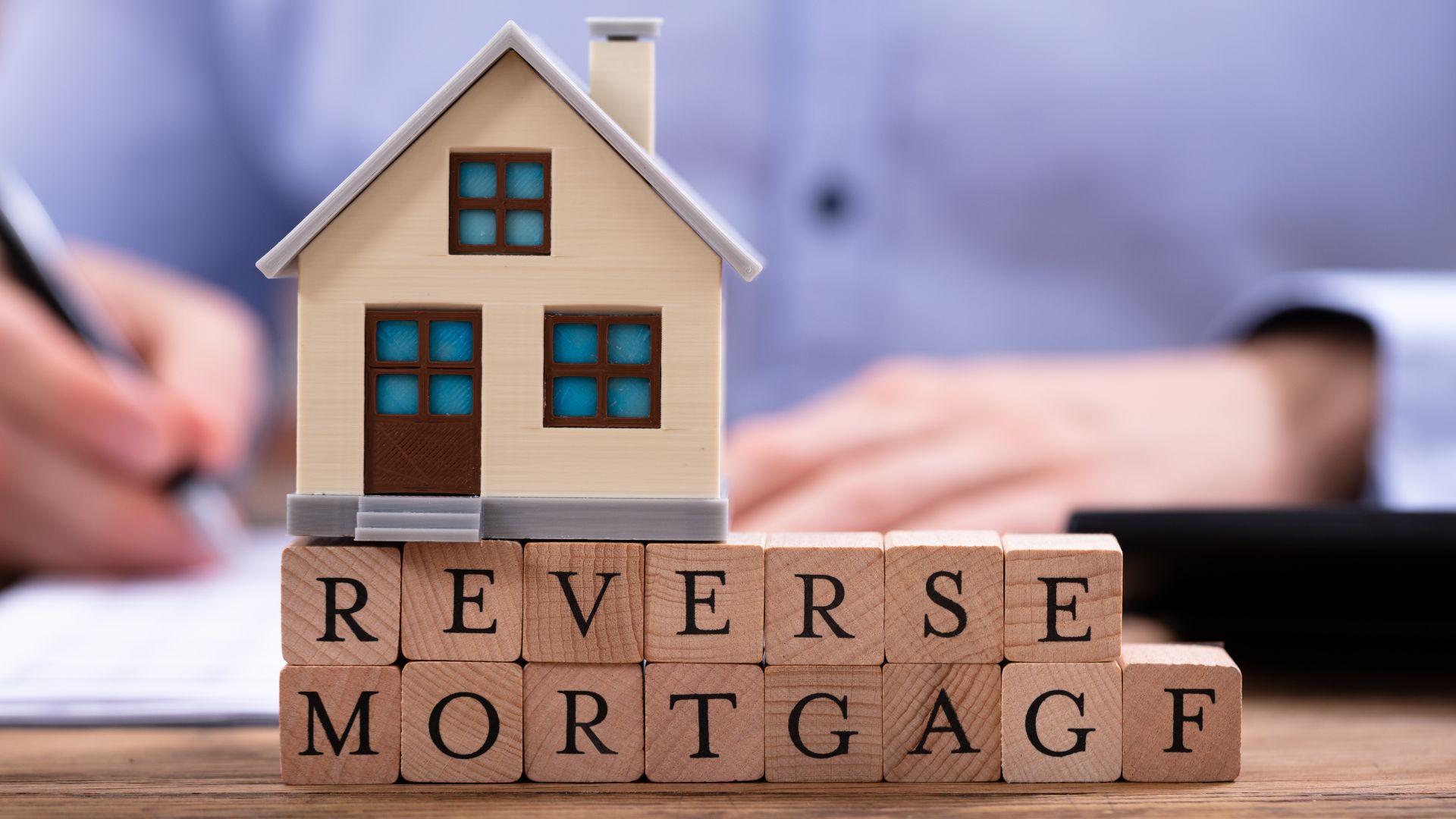How can a reverse mortgage benefit seniors?
A reverse mortgage can provide seniors with a source of income in retirement, allowing them to access the equity in their home without having to sell or move. This can help cover living expenses, unexpected costs, or medical bills, and provide financial stability.
What are the eligibility requirements for a reverse mortgage?
To be eligible for a reverse mortgage, homeowners must be aged 62 or older and have significant equity in their homes. They must also undergo a financial assessment to ensure they are able to continue paying property taxes, insurance, and other home-related expenses.
What are the risks of a reverse mortgage?
While a reverse mortgage can be a valuable financial tool for seniors, it is important to carefully consider the risks involved. These may include higher loan costs and interest rates, and the potential for the loan balance to exceed the value of the home over time.
How can seniors find a reputable reverse mortgage lender?
To find a reputable reverse mortgage lender, seniors should do their research, ask for referrals, and work with a licensed and experienced professional who can explain the loan terms and answer any questions. It is also important to review all of the costs and fees associated with the loan and ensure that the terms are fully understood before proceeding.

